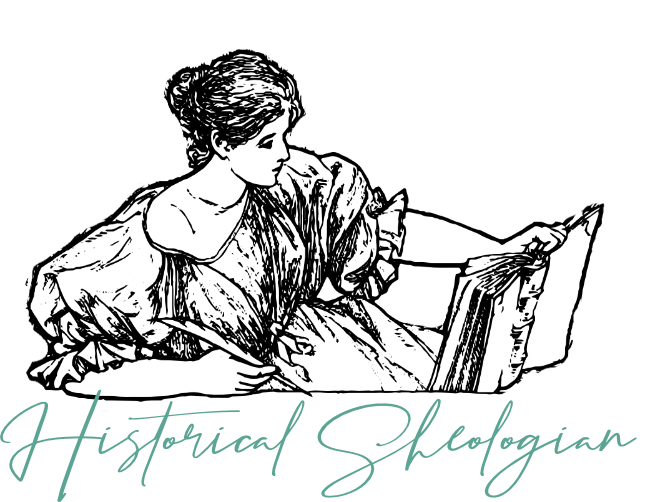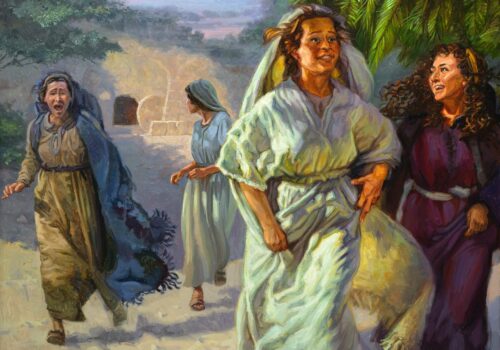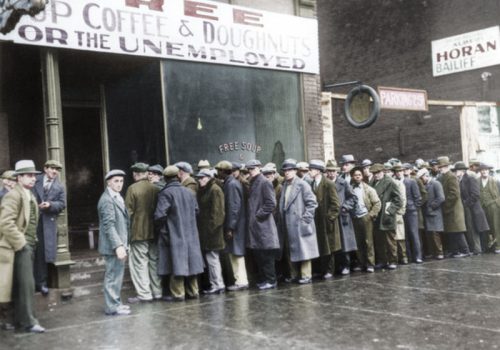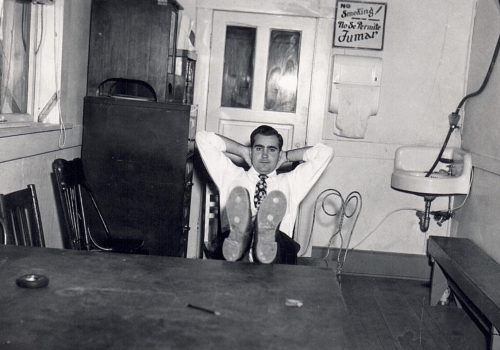Review: Patterns in History by David Bebbington
David W. Bebbington, Professor of History at the University of Stirling and Distinguished Visiting Professor of History at Baylor University, offers his readers an introductory survey of the leading schools of thought surrounding the interpretation and analysis of history. Employing a historical methodology with Christian presuppositions, Bebbington lays out the foundation for the evolution of historical analysis and why the Christian perspective addresses some of the issues found in other philosophies.
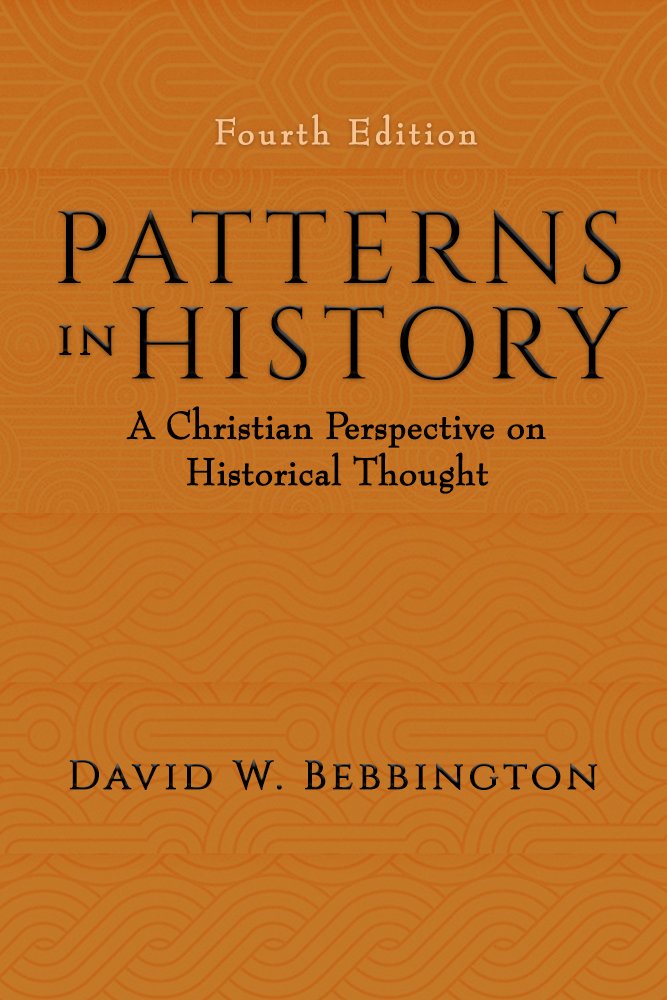
As noted in his preface, Bebbington seeks to give an analysis of historical thought (ix). With this goal in mind, the author bookends his study of the chief philosophies of history with a discussion on what history is and what it means. In the former of these chapters, Bebbington reviews the historical process and historiography. From here, the author discusses six main traditions of thought on history, devoting a chapter to each school. He begins his analysis by assessing the “Cyclical History” found in China, India, the Middle East, and the Graeco-Roman world, where historians interpret history as a revolving wheel. Following this inquiry, Bebbington considers “Christian History.” In this historical thought, history is seen as a straight line under the guidance and control of God. Bebbington then moves from an analysis of Christian thought to that of 18th century Enlightenment with the “Idea of Progress.” This lays the foundation to segue into how German “Historicism” revolted against progress and saw each era and culture as its own. The author then devotes the following two chapters to analyzing “Marxist” and “Postmodern” histories. In the subsequent chapter, Bebbington illuminates the “Philosophy of Historiography” and how one’s worldview affects the way he or she interprets history. Closing out his analysis of historical thought, Bebbington devotes one final chapter to “The Meaning of History.” In this concluding chapter, the author compares the Christian view with the others and demonstrates how it offers answers that the others lack.
Underlying Bebbington’s book is the idea that Christian scholarship is a reasonable and, in fact, practical philosophy for writing and interpreting history. The author notes that the Christian historian can and should use rhetoric in their work to help sway readers of their assessment (204). This is precisely what Bebbington does in his book. Using rhetoric and a historical methodology, Bebbington effectively lays out his case for why the Christian tradition of thought is needed. These methods are revealed in how he consistently arranges his chapters to show the development of philosophies over time and culture. Moreover, the author concludes each chapter with an assessment of the philosophy in question and does not shy away from objections to his own tradition as well. For instance, he notes that some may question why God if he is all sovereign, needs to intervene at definite points in time at all. Bebbington, consistent with his methodology, logically explains how God could be revealed in particular events as well as over all of history, yet the historian is not bound to concede that the Lord was working in all circumstances (191). Where Bebbington excels here is to show how positivism and idealism sprang out from the paradoxical ideas found in Christianity: that human beings are at one and the same time depraved and valuably made in the image of God (181). The author skillfully argues that a position that only acknowledges one side of this detail will distort humanity, and so a Christian perspective of history is needed to provide a more robust account of events and individuals who are both the “shapers” and “victims” of history (187).
In Patterns in History, Bebbington reveals how a Christian outlook on the past moderates errors found in other philosophies of history. From Christian presuppositions, the author utilizes rhetoric and a historical methodology to survey leading schools of thought for historiography. This book would be useful for undergraduate and graduate students interested in theories of historiography. Additionally, Christians who want to have a foundational knowledge of historical philosophies and how the Christian perspective provides a balanced approach to historical writings will find this book helpful.
